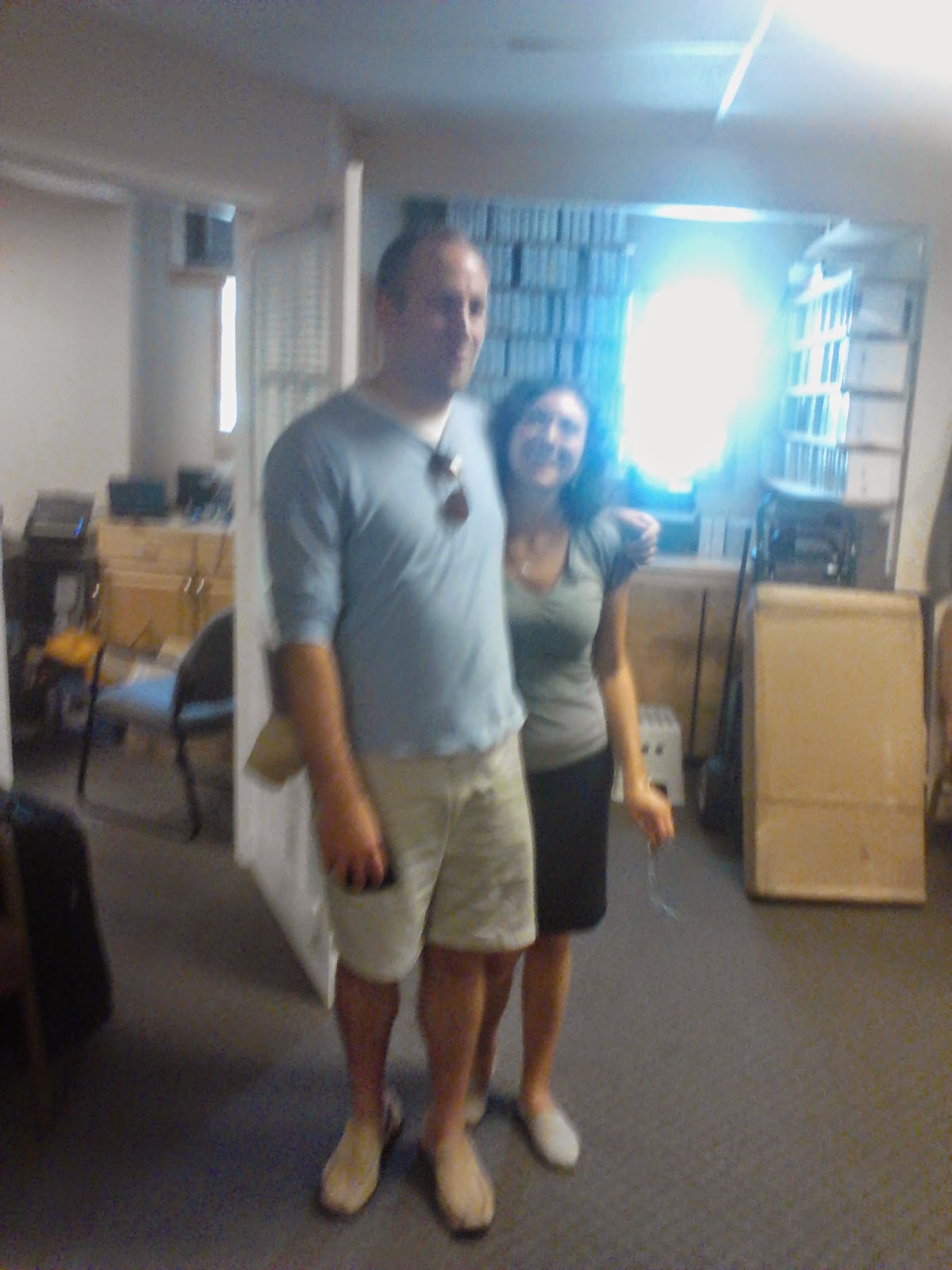Before the throne of God above, I have a strong and perfect plea, a great High Priest, whose name is love, who ever lives and pleads for me, my name is graven on His hands, my name is written on His heart, I know that while in heaven He stands, no tongue can bid me thence depart, no tongue can bid me thence depart. Selah “When Satan tempts me to despair, and tells me of the guilt within, upward I look and see Him there, who made an end to all my sin, because the sinless Savior died, my sinful soul is counted free, for God the Just is satisfied, to look on Him and pardon me, to look on Him and pardon me.” The song continues. David feared to bring the ark of God into the city of David, having watched as that Holy Presence smote…
Category: <span>God’s Psychology</span>
2Co 9:8 And God is able to make all grace abound toward you; that ye, always having all sufficiency in all things, may abound to every good work: 2Co 9:9 (As it is written, He hath dispersed abroad; he hath given to the poor: his righteousness remaineth for ever. 2Co 9:10 Now he that ministereth seed to the sower both minister bread for your food, and multiply your seed sown, and increase the fruits of your righteousness;) 2Co 9:11 Being enriched in every thing to all bountifulness, which causeth through us thanksgiving to God. The allusion is to the act of sowing seed. The idea is, that when a man scatters seed in his field God provides him with the means of sowing again. He not only gives him a harvest to supply his needs, but he blesses him also in giving him the ability to sow again. Such was…
Memory is defiled when something of a snare resides in it. For example, if I have in remembrance a sin or failure, this stumbles my function today. My question for me remains, “What part of ‘blotted out’ do I not understand? Well, my big-shot memory feels that it must keep my big-stuff secure, for the purpose of big-recall in case I need to defend my big-self, or “set the big-record straight.” Sorry, I got carried away with big-me. The problem is I may feel the need to place the blame on the right person, myself or other; after all, I must be honest. Yeah, right! “I must show my sincerity, after all, I have to ‘man up’ and eat my fate. I have made my bed so now I must sleep in it.” —excuse me while I regurgitate. Frankly, “forgetting” has become a chore, and bucks up against my big-boy…
Some folks are sane, others insane. Lined up on one side of the field are health, healthy mind and heart, single-eyed, balanced, and whole. On the other team; divided, double-minded, sick, unbalanced and ignorant are the terms. “Holiness” for man speaks of set-apart-to-God; the other guys can be referred to as “profane.” This second term meant originally, “outside the temple.” The Hebrew brings out these definitions also: “exposed, common, wounded, break a word, dissolve.” Ephesians 2:14-15 teaches: “For He is our peace, who hath made both one, and hath broken down the middle wall of partition between us; Having abolished in his flesh the enmity, even the law of commandments contained in ordinances; for to make in himself of twain one new man, so making peace.” “He” is Jesus and His Peace creates a buffer of protection for the soul against internal division. What was the middle wall? Enmity, the law of…
When Jesus saved me, He showed to me my emptiness as He then filled it up. How great was that darkness! How large a place was hidden from my consciousness! Now, as I was being scoured clean, my big bad pretention for not needing people or their love, uglified my psyche for a moment. Just as quickly, it was gone and love poured in —tears of joy, strains of uninhibited laughter. There is an extremely devious yet efficient technique which hides from sight vital processes and real feelings in a man; nevertheless, at the awakening of true love, this dishonest dealer disintegrates. O, the power of unfailing love! —All-encompassing, un-conditional, personal, and intimate; we think of it. Love takes off the band-aids, healing cloths, and tapes; it unclouds the murky water, X-rays the soul, and seeks out the spots to remove them. The leavened malignancy causes dough to expand as…
“One thing we know about our panic —we own it.”“What else?”“We are directing it.”“Really?”“Yes, it receives its cues from us in various ways —weakening, strengthening, ebbing, and flowing at our unconscious movements.”“Tell me more.” “It thrives on attention!” In a word from Viktor Frankl he teaches: “a university student complained about being anxious with regard to an oral report to be given —let us say –on Friday. I advised him to take his appointment calendar and to write on every page of the week, with large letters, the word ‘ANXIETY.’ As it were —I asked him to plan for an anxious week. He was much relieved after doing this because now he was suffering from anxiety only, but not from anxiety about anxiety.” “Pressure induces counter-pressure, and counter-pressure, in turn, increases pressure” —another Frankl quote. Let’s reflect: This above example of “paradoxical intention” does what? It relieves a person from…
Have you ever met a passive aggressive person? Their blitzkrieg finds an area of release that you vehemently need and refuses it militantly. These are masters of the shut-down, czars of the melt-down, monarchs of the stare-down, and sultans of let-down with swagger. They live for driving people up a tree, frustration’s outer limits, and leave their friends headed toward the nuttery. Really they may be very lonely folk, grown up, but far from mature in some areas —particularly conversation. They don’t know if they can trust you yet to speak their mind; they are afraid that their lousy people skills will potentially turn you off. Could be they are scared of commitments, insecure and suspicious. Often wounded, they move past caring about relationships in general. Because we love these ones, the frustration manifests. A believer who gets converted later in life aggravates the conversing problem. Ephesians tells us of…
For many people, an excuse is better than an achievement because an achievement, no matter how great, leaves you having to prove yourself again in the future; but an excuse can last for life. Eric Hoffer A great statement and wise observation, it grabs us because the folly of human nature often exposes itself so loudly. Hoffer above describes a person who thinks wrongly, but why? We can call him or her a legalistic thinker, because they view life as a proving, a measuring up to a standard, a trying to please or appease a serious onlooker who holds their fate. It’s no shock to us that this law-beaten type of individual must turn their mind toward evasion tactics and ploys of excuse making. Their life is drudgery. They stay with a project for a while and try it on. They wait for the prospect of fulfillment —on their own…
Emotions and the cross of Christ connect uniquely, but rarely. These Feelings follow right thinking and the center of thought is the key. When old patterns of thinking are discarded for Bible-based new ones, the responders rejoice and these are new emotions. So, what of the old feelings? Crucified with Christ, they live, yet not them but Christ lives in them, and consequently they then live by the faith if the Son of God. Cool, huh? See, God wants more for us than just feeling good, or lovely sentiment or even good-heartedness. God sent His Son to crucify the old letter-bound man to create a new one. All things are brand new in Him. We ought not, going forward, think in terms of “how-to,” but in terms of “who I am,” and if my “I am” is in Christ, my old emotions are dead and my new ones are alive.…
Brain-dead, stumped, with empty-headed stupor, I shiver and slap the side of my ear—a futile hope-to-jar-something-loose ritual. I dig deep, but words are not surfacing into consciousness. I scratch aggressively only to overturn more substance-forsaken fragments. “useless to inquire at the bank of ‘rationale,’ nothing of logic answers this event.” It doesn’t make any difference. “It doesn’t make any sense.” A nephew is paralyzed and in a coma after attempting to take his own life and the family calls. A dear friend gets a report that they have 6 months to live. There are no words of comfort, there are no answers. But we must talk, we must call back! Is there a hidden spring of wisdom, applied knowledge, or heavenly utterance to tap? O, The moment requires supernatural help, at the very least. Verily, answers don’t come because the only explanation seems to exist in the sphere of…








